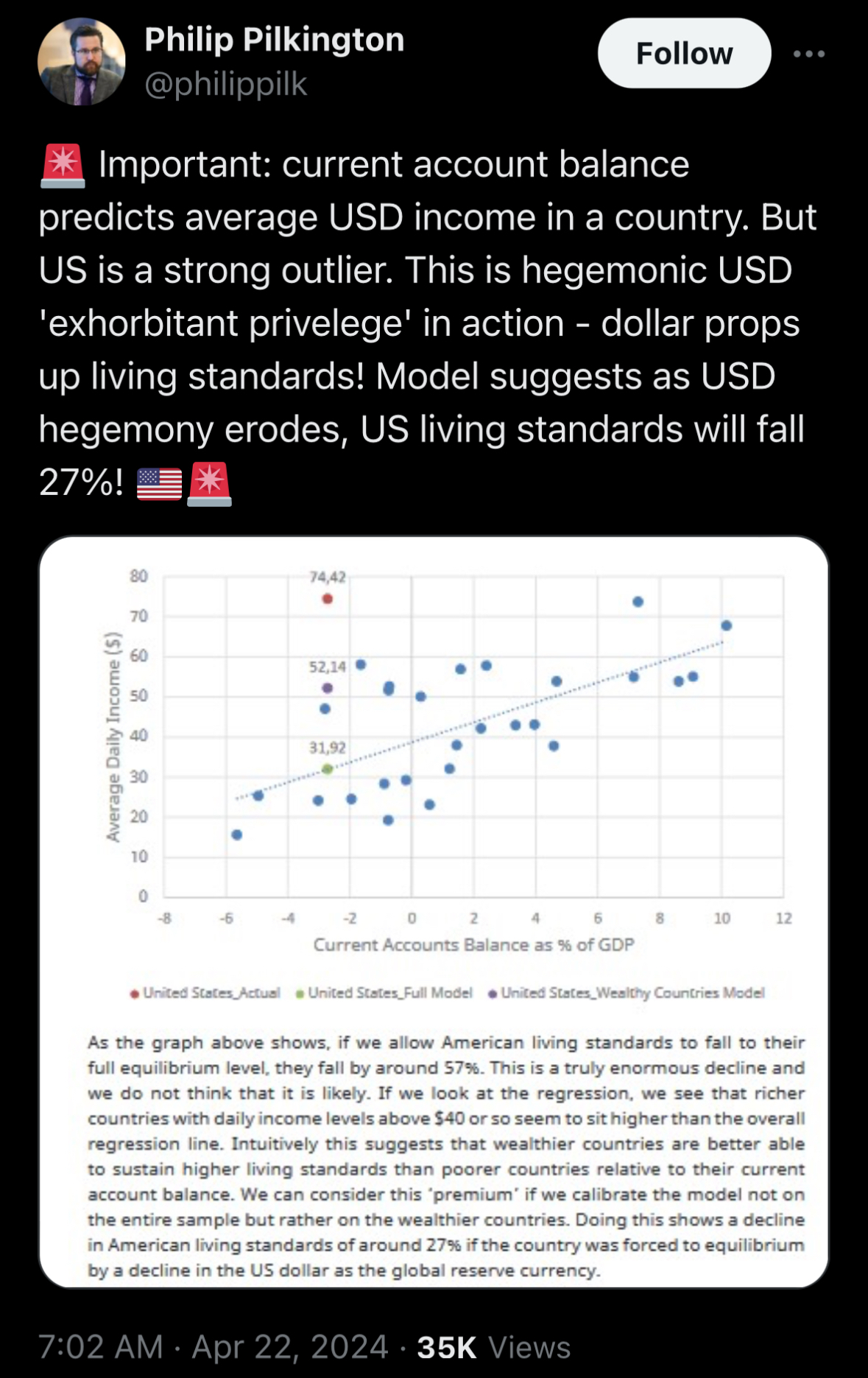This wasn’t in a rural area or impoverish inner ring suburb. This was in an older but perfectly nice suburb of a large midwestern US city. I had two friends at the time who were just out of college and teaching in public schools. And they both bought houses. One had a spouse who was working (normal job, not high pay or anything) but the other was single. I know for a fact they didn’t have any help from parents. I do know they both had most of their school paid through scholarships so little to no college debt, fwiw. Went on google street view to check out the houses - not large but definitely comfy. Around 1,600-1,700 sq ft single family homes with a yard and everything. Something a small family would be comfortable in.
And I mean, I was looking at buying a home around that time, too (and for years afterward). My salary was above the national median but not that much above it. There were lots of options - the only reason I didn’t buy was because my life situation was not stable. I don’t live in that city anymore but looking at my salary now and what’s available on the market, buying a home is pretty much out of reach for me. Certainly what I could get now, in terms of square footage, is drastically reduced. I’m not even taking into account current interest rates, I was just plugging in numbers at the old 4%.
That’s how fast material conditions have eroded for a lot of Americans. This is what journalists who write this articles about “aww why are young people so down these days, they should just cheer up all that bad stuff is all in their head” completely miss. Probably because in all likelihood, they bought a house a couple decades ago and are secure themselves. It’s why the dems’ bullshit about how the economy is so great is so offensive to us. It’s a denial of reality.
Generational politics is bunk, but I also think inequality should be thought of along multiple axes. One is whether or not you bought a house 15-20 years ago or not. If you did, then you’re sitting on a mortgage that is relatively low which makes your material conditions comfortable. You’re not feeling the effects of the bad economy as much. If you’re under 30, then it’s not possible to be in that situation.









I largely agree with you. I just finished reading Socialism Betrayed (great book, highly recommend it). That book’s thesis is that the major contributor to the collapse of the Soviet Union was the development and growth of a “second economy” - economic activity outside of official channels that could either be legal, illegal, or something in between. The growth of this second economy led to the development within the USSR of an entire social base of individuals with a material interest in seeing the overthrow of socialism. A base about which not only did the CPSU do nothing about, but actually many party members were deeply entrenched in this “second economy”. The book cites a quote from someone who stated that there was NO illicit enterprise in the USSR that would have lasted a month without support from someone in the party.
China is not the topic of this book, but the authors do spend a page or two commenting on what is an obvious question: if this is what helped undo the Soviet Union, what does that mean for China, who has a more legal but vastly larger second economy? The authors express concern and maybe even a bit of skepticism, but not outright criticism (and keep in mind, they were writing in 2004 and in the last 20 years quite a few western Marxist have changed their views on China, like David Harvey).
Reading between the lines, I think they are saying it could work, but what we’ll call Dengism is a very risky move. You have a massive social base in China of people who may very much like the CPC, but also very much like their ability to own a business and get rich. People who will revolt against any strong measures to curtail these markets. In the USSR, this social base saw socialism as a hindrance to their potential. In China this same social base faces no real limitations on their material advancement, so they have no reason to rock the boat.
Long way of saying, I think “boiling the frog” is the only move the CPC can make. And actually, if that’s the move the CPC wants to make I think they will be successful. The bigger question to me is, is that actually what the CPC wants to do? Even talking about the CPC as if there is one voice is a mistake. I’m sure this is the direction Xi would like to go in, but there are also plenty of liberals in the party (IIRC the #2 in the party is a huge, unabashed lib). The party itself is very opaque when it comes to things like this, but I do think it is NOT a foregone conclusion that the dedicated Marxists in the party will win in the end. Boiling the frog I think will work but the party itself needs to be committed to that line, which I am not sure they are there yet.